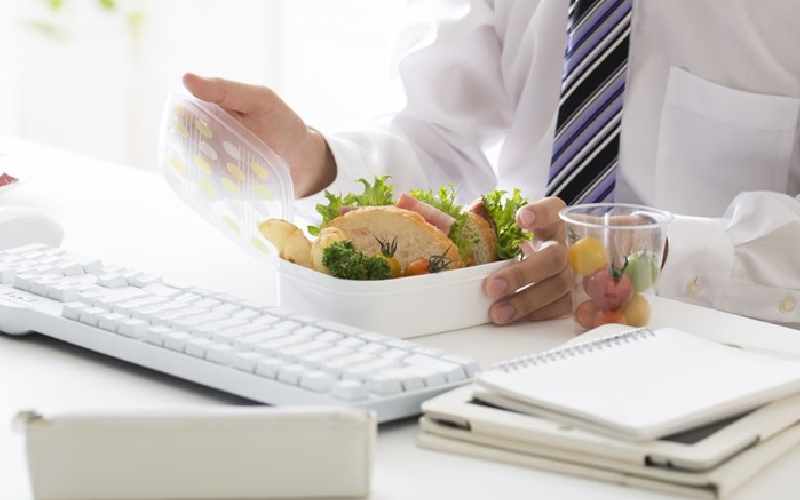×
The Standard e-Paper
Fearless, Trusted News

Men in formal employment typically carry a laptop bag or a briefcase to work. But briefcases seem to have gone out of fashion, with only a few men carrying them nowadays. A few decades ago, it was a must-have male accessory.